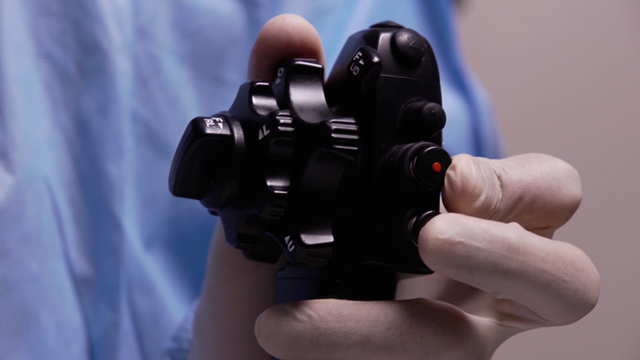Colorectal cancer is a cancer that affects two components of the lower digestive system – the colon and the rectum. Colorectal cancer usually presents in the form of per-cancerous polyps in the colon or rectum. Because they are still in their per-cancerous or benign state, these potentially deadly polyps often produce no symptoms until they have become malignant and possibly spread to other organs in the body.

Colorectal cancer is the third most common type of non-skin cancer in both men and women. It is the second leading cause of cancer-related deaths in the United States. Nearly thirty thousand new cases of colorectal cancer are diagnosed in this country every year. Colorectal cancer affects men more than it does women and is most common in people over the age of fifty. People with a family history of colorectal cancer, other hereditary diseases or colon conditions such as Crohn colitis are more likely to develop colorectal cancer than those who do not.
Because of its often silent nature, regular screenings for colorectal cancer are imperative for early detection, when the cancer is in its most treatable stages. Doctors recommend that people with no family history of colorectal cancer or hereditary conditions that can lead to it be screened at age fifty and again at regular intervals as directed by their physicians. People who do have a family history of colorectal cancer or that have any type of inflammatory bowl disease are encouraged to begin their testing earlier in life and to have the screenings done more frequently.
Colorectal cancer screenings are usually done by inserting an imaging device into the rectum that will allow doctors to examine the rectum and the lower part of the digestive tract. There are a few different imaging devices and tests that can be utilized, with each one allowing access to different parts of the lower digestive system. If a problem area is detected, the doctor will order additional testing and perhaps a biopsy of any suspicious growths. Depending on the results of the biopsy, the doctor will recommend a course of treatment if the growth is found to be cancerous. The treatment will depend upon the location of the cancer, its stage and the patient’s overall health, among other factors.
Even the most knowledgeable doctors using the latest imaging equipment are capable of overlooking suspicious growths. This is why regular screenings for colorectal cancer are so important. Early detection can literally mean the difference between life and death. If you are aged 50 or older or have some of the preexisting conditions as described above and have not been screened for colorectal cancer recently, we urge you to contact our staff to make an appointment to be screened as soon as possible.
